What’s wrong with low-cost education in poor countries? Quite a lot, you might think, if you read a new report from the Department for International Development. Low-cost private schools serve around 70 per cent of children in poor urban areas and nearly a third of rural children too. But the issue raises controversy among academics and experts, not least because it goes against 65 years of development dogma that the only way to help the poor is through government education, with big dollops of aid thrown in.
Already a subscriber? Log in
Get 10 issues
for $10
Subscribe to The Spectator Australia today for the next 10 magazine issues, plus full online access, for just $10.
- Delivery of the weekly magazine
- Unlimited access to spectator.com.au and app
- Spectator podcasts and newsletters
- Full access to spectator.co.uk
Unlock this article
James Tooley is professor of education policy at Newcastle University, and co-author of The Role and Impact of Private Schools in Developing Countries.
You might disagree with half of it, but you’ll enjoy reading all of it. Try your first month for free, then just $2 a week for the remainder of your first year.

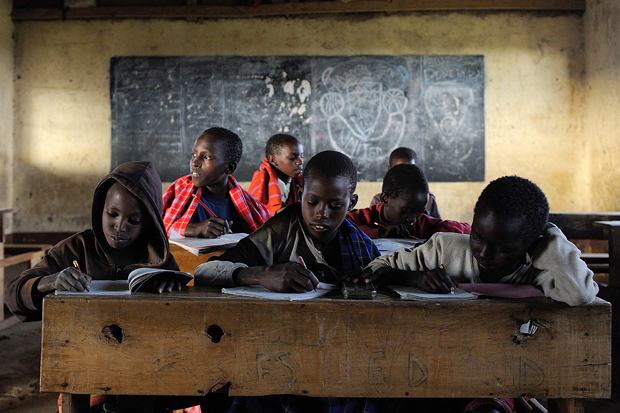
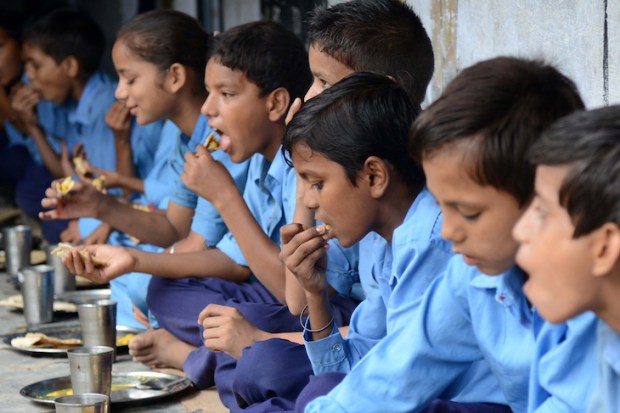
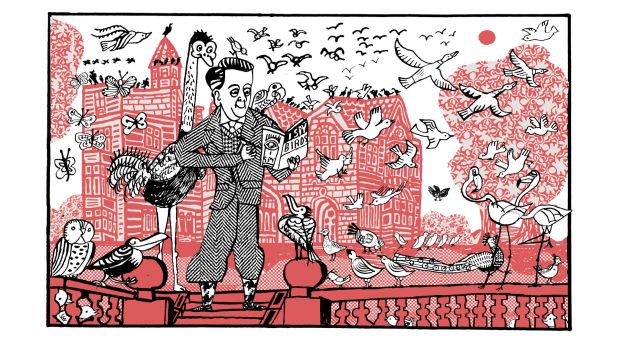
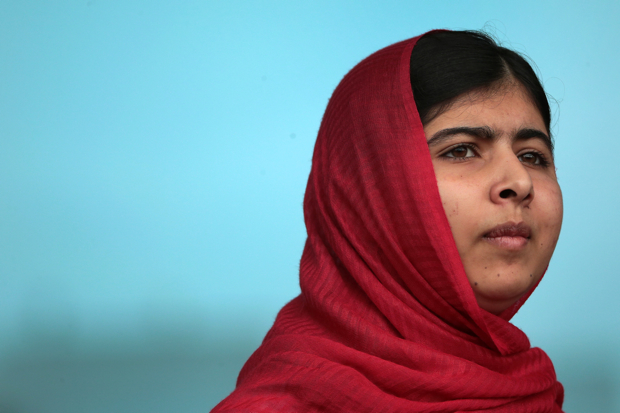
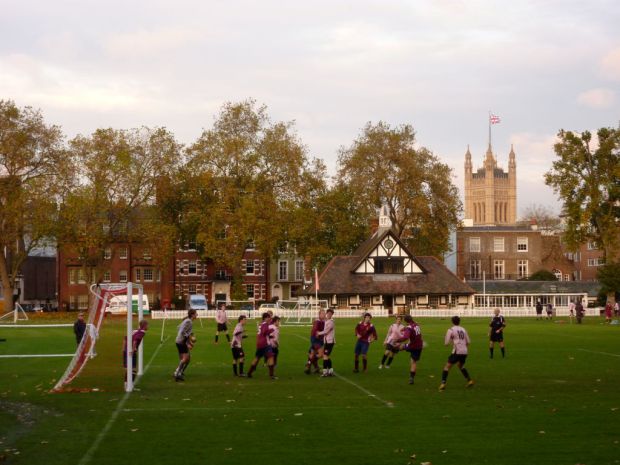

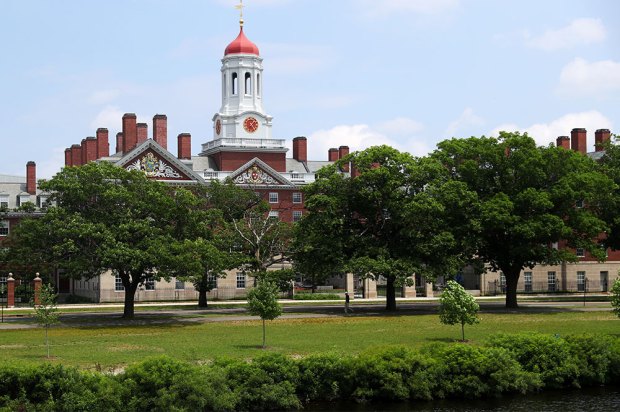

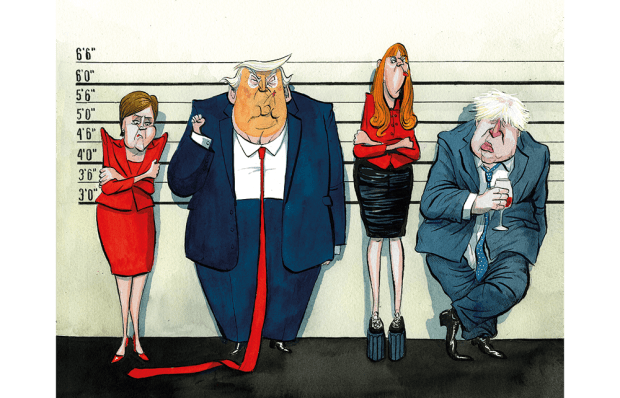



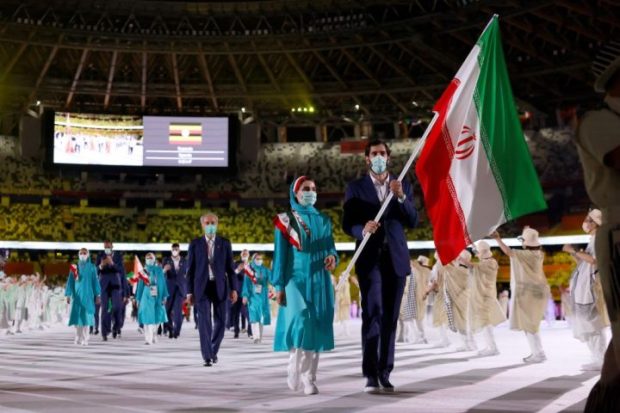
Comments
Don't miss out
Join the conversation with other Spectator Australia readers. Subscribe to leave a comment.
SUBSCRIBEAlready a subscriber? Log in